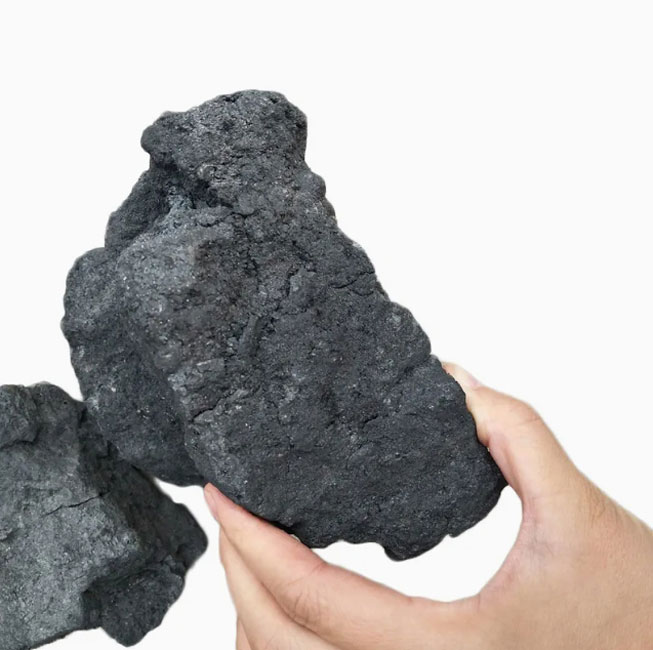
Petroleum coke is an important byproduct of petroleum refining. Due to its high carbon and calorific values, it is an essential industrial material that can be used for many different applications. It is a vital raw material used in the production of graphite electrodes and for power generation. The material is used as an additive for the production of aluminium and to replace coal in cement-kilns.
Metallurgical coke is the calcined version of petroleum coke. It has a low ash and high carbon content. This solid material can be used in steelmaking blast furnaces to replace iron ore. It can also be used as a feedstock to produce various chemicals and metals, including graphite and vanadium. It's a good energy source for power generation, as it produces fewer greenhouse gasses than coal.
It is produced in delayed coking units, where residual oil is heated under pressure without oxygen to convert it to a coke. The coke that is produced can be classified according to the heat exchange process in the coking and the reaction with impurities. Delayed coking results in amorphous cokes with higher volatility.
Petroleum coke can be used as a primary raw material in the production of electrodes for electric arc furnaces. Its acicular morphology and high degree of crystallinity make it a highly desirable raw material for graphitization. Due to its well developed layer structure, it also has superior frictional and wear characteristics.
In the aluminum industry, calcined petroleum coke is used to increase the electrical conductivity of aluminium. It is highly stable and keeps the appropriate level of CO2 during alloy development. This is also a cost-effective and cleaner option to coal when using the rotary furnace process.
It is used to make cement in rotary-kilns. It is lighter and helps stabilize the flame inside the kiln. This allows them control efficiency and improve quality, while lowering their costs per ton. It is easier to use than other fuels, like wood, and requires less maintenance.
Petroleum coke can be burned in conventional cyclone, PC, and fluidized bed boilers to provide heat for power generation. This fuel is flexible and can be used with other fuels like coal, biomass or natural gas. During cofiring trials at Bailly Generating Station a range of ratios between petroleum coke and coal were tested. Blends with a petroleum coke percentage between 10% and 25% (on a mass basis) or 12% to 29.9% (on a calorific basis) are the most successful. This blend is the most efficient, as it reduces both airborne pollution and complexity of operation. Owensboro Municipal Utilities has also successfully used petroleum coke and TDF to provide power at its Elmer Smith Unit #1.

Write a Message